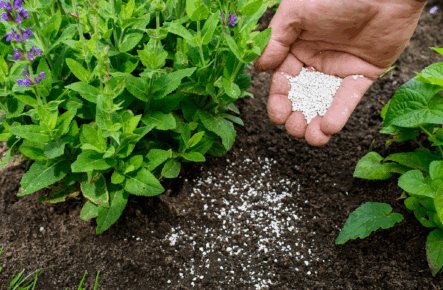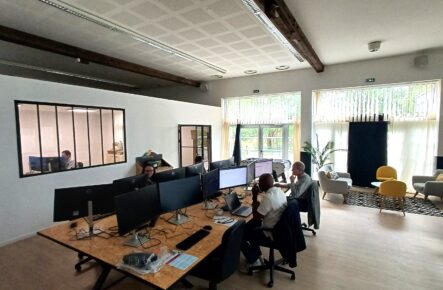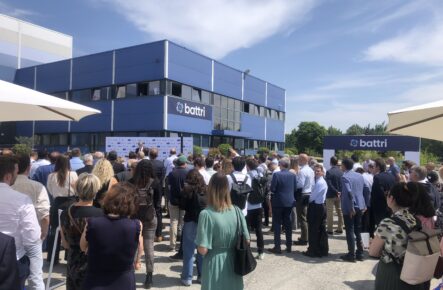BASF: a €6M investment in agricultural transition
BASF, the world’s leading chemical company, has set itself the challenge of becoming a driving force in the transition of French agriculture towards agroecology. This is a medium-term management strategy, motivated by:
- increased production needs
- changing European standards on the regulation of pesticides.
In Hauts-de-France, this shift in global strategy has led to the creation of new warehouse and logistics zones. This is why €6M is being invested in the Gravelines site. The sum is in addition to the €30m already invested by the group in Hauts-de-France since 2010. In the next few years, we will have renewed 60% of our product ranges. We have to adapt. The launch of the first new products will take place in 2020-2021. We are therefore investing six million euros to create new warehouse and logistics areas for the materials that go into our products, said Philippe Boudier, industrial director of the Gravelines site. At group level, this strategy has four main strands:
- The development of new molecules to reduce the impact of products on health and the environment
- Biocontrol
- Reasoned and responsible solutions
- Creating new crop management itineraries integrating the principles of agroecology and new technology
Products exported internationally
The BASF plant in Hauts-de-France specialises in selective herbicides for the agricultural sector. Some 70% of Its annual production of 32 million litres is exported to 60 countries, mainly in Europe.
BASF Gravelines: from America to Germany, 30 years in the Hauts-de-France region
Opened in October 1989, Cyanamid used to be a US-owned factory making plant protection products and employing 60 people. In 2000, it was taken over by German owners and became part of the world’s leading chemical group. The Cyanamid plant at Gravelines became BASF Agri-production. The site now employs more than 160 people and has six production lines and four packing lines.







